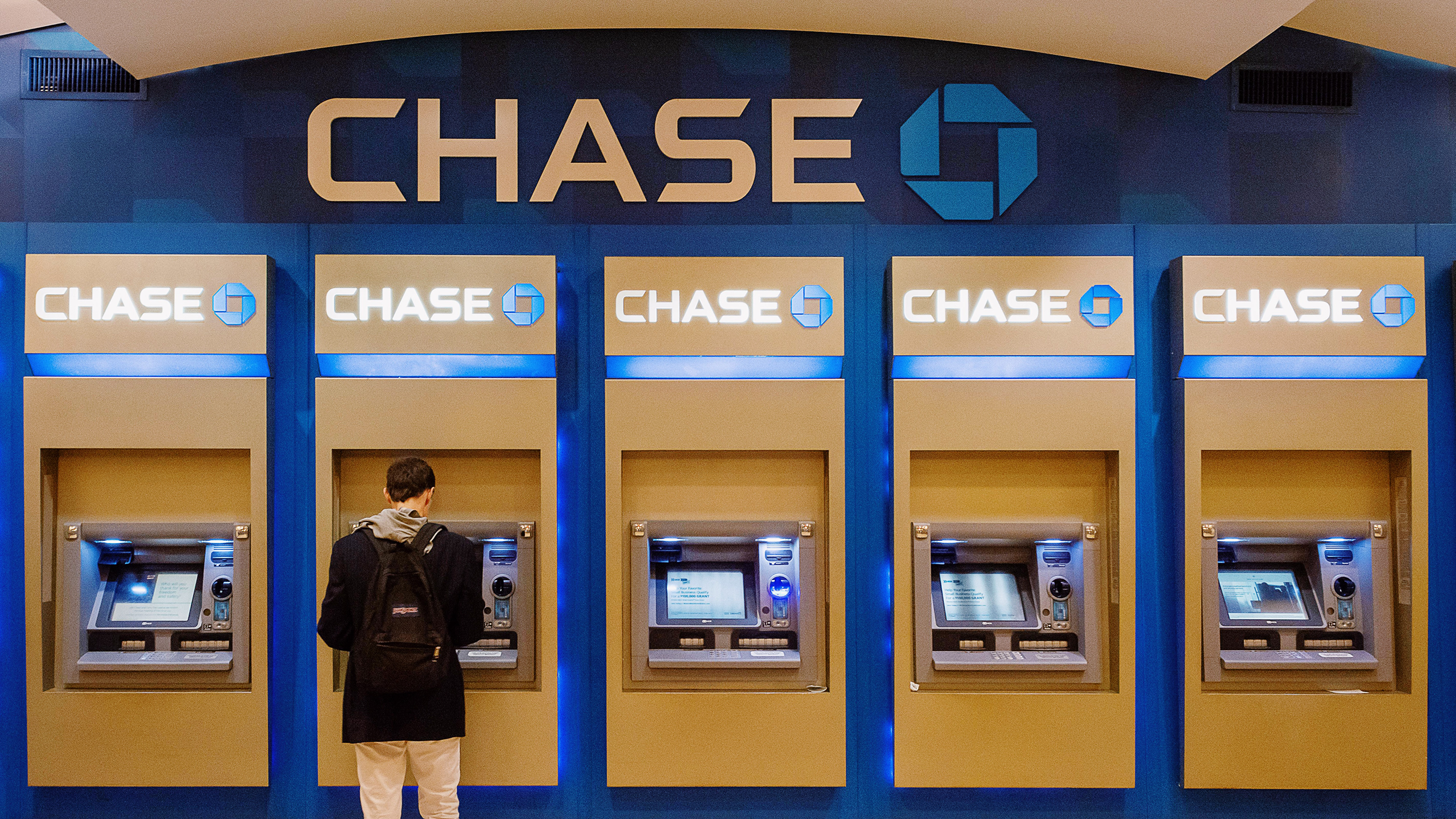Chase, PayPal Digital Ad Gambits Bring New Privacy Worries
Unlike making a purchase on Amazon or eBay, financial transaction data gives a more complete profile picture.

Sign up for smart news, insights, and analysis on the biggest financial stories of the day.
Your personal data is like money in the bank. Even to banks. Maybe especially to banks.
Chase Bank and PayPal have both announced new advertising divisions, meaning their users’ transaction data will be used for digital advertising purposes. Using that specific data poses some new privacy concerns that even a behemoth like Meta doesn’t pose.
Breaking the Bank Statement
What’s so special about our financial transaction data when we already generate mountains of online data? Jen Caltrider, lead at the Mozilla Foundation’s Privacy Not Included unit, told The Daily Upside that the data PayPal and Chase can access is more holistic than the breadcrumbs we typically leave scattered around the web. Sure, Amazon and Google know when we buy something on their platform, but they have to piece the rest together. “Google, at least, might not know that you spent $500 on Ben & Jerry’s in the month of June, whereas your bank statements will,” said Caltrider. Plus, your bank statement knows more than just how you shop, it shows how your money moves around. “It goes beyond just buying stuff at the grocery store or off of Amazon, it goes to sending money back home, or buying stuff off of friends,” she said.
Two SEO and digital marketing experts told The Daily Upside that transactional data is more sensitive than generic online activity data:
- “I don’t think consumers realize how much data is involved in a purchase, or how much data can be shared via a payment device,” Joe Karasin, CMO and founder of digital marketing agency Karasin PPC, said. “If you think about the amount of info you share to get approved for credit cards or set up bank accounts, that’s a significant amount,” he added.
- “Data from online activity, while still sensitive, is more generalized and often anonymized to some extent,” SEO specialist Damilola Ademuyiwa said. “It’s about what users are browsing or interested in, not necessarily their direct financial interactions,” he said, adding: “The stakes are higher with transactional data because it’s directly linked to someone’s financial footprint.”
Caltrider also pointed out that despite its cultural ubiquity, we can choose to avoid social media, whereas avoiding banking and payment apps (PayPal’s payment app Venmo says it has over 83 million users) could make life really tough.
Buying Data In: Caltrider noted that while both companies promise not to sell users’ transaction data, they reserve the right to acquire data from third-party sources to build a profile of you. “Why would they [sell], that information has value,” Caltrider said. “They want people to come to them to pay to access that information. And the more valuable they make that information by knowing as much about you as they can, the more money they can make off of it,” she said.











